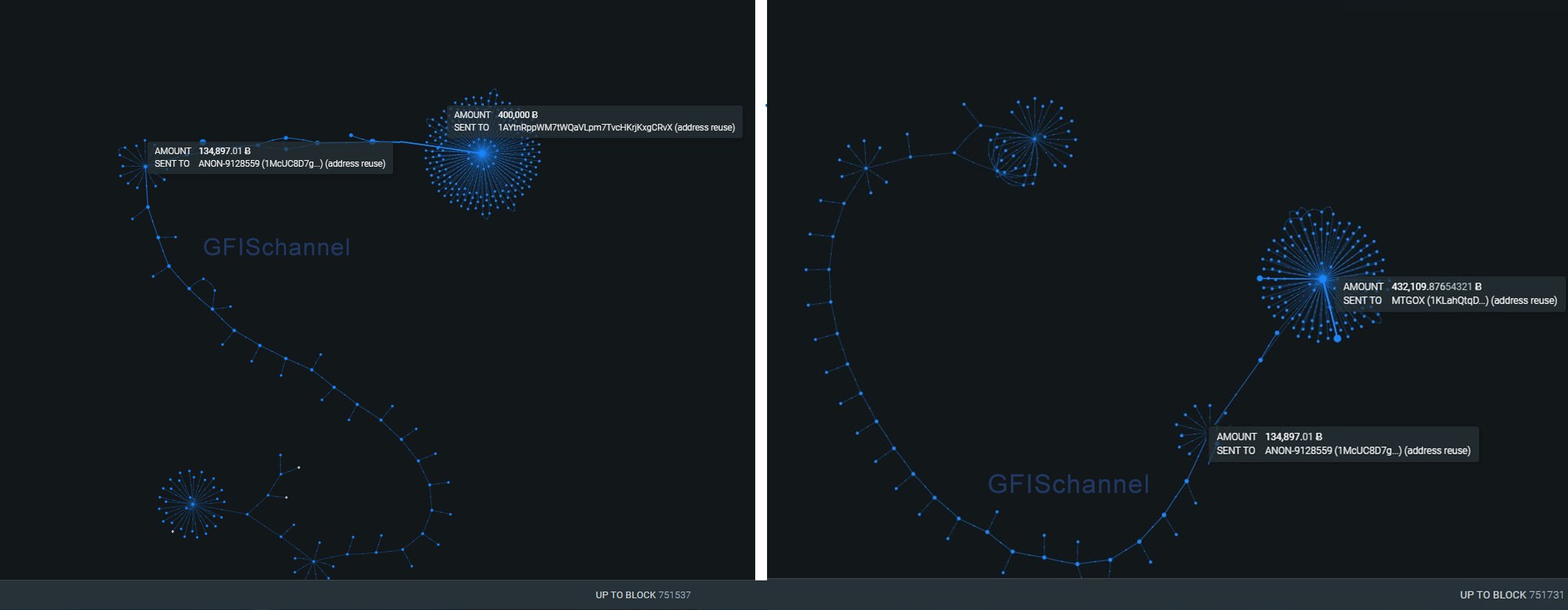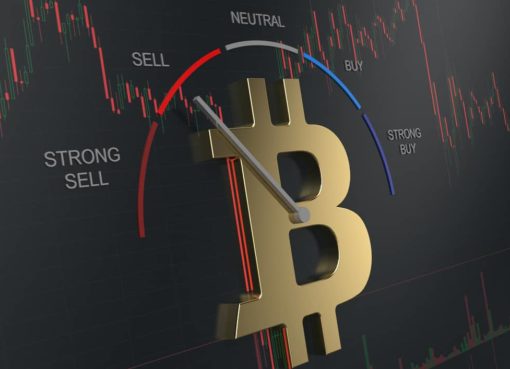In two days’ time, bitcoin’s price dropped to fresh August lows as it dipped below the $20K per unit region for the first time since mid-July. During that time, two addresses created on December 19, 2013 sent 10,000 bitcoin worth $203 million to unknown wallets after sitting idle for close to nine years. Onchain data shows the 10,000 coins moved this week originally came from the Mt Gox breach that occurred on June 19, 2011.
Whale That Once Held 134,000 Bitcoin From the 2011 Mt Gox Hack Spends the Last 10,000 This Week
A 2013 whale moved approximately 10,001.514 BTC on Sunday, August 28, and on Monday, August 29, 2022. The funds stemmed from two addresses (1,& 2) created eight years and eight months ago on December 19, 2013.
The 10,001 bitcoin transaction was caught by the blockchain parser btcparser.com, a tool that often catches so-called ‘sleeping bitcoins’ moving after sitting idle in addresses for years. Some of the sleeping bitcoins caught by blockchain parsers are BTC block subsidies mined in 2011, 2010, and 2009.

The 2013 bitcoins were sent in two batches of 5,000 BTC per transaction, and then split into multiple smaller transactions. For instance, one address was split into multiple fractions of 47.98 BTC, and one single transfer for 200.99 BTC.
The “14RKF” address that sent the 5,000 BTC came from a wallet 18JPr that once held 24,404.50 BTC. The 24K BTC from wallet 18JPr was originally received on November 24, 2012.
Some of the wallets that received fractions of 47.98 BTC on Monday still hold the funds, but the 200.99 BTC was dispersed into other addresses. The address 15n6b that dispersed 5,001.514 BTC the day prior on August 28, 2022, also stemmed from the 18JPr wallet that once held 24,404.50 BTC.
Onchain Data Shows 10,000 Bitcoin Moved This Week Came From the 2011 Mt Gox Breach
The 2013 bitcoins spent on Sunday and Monday were originally derived from wallet 1McUC that once held 134,897.01 BTC after getting the coins on June 19, 2011. Then the entity started moving the BTC stash on July 20, 2011.
Prior to June 19, 2011, the 134,897.01 BTC stemmed from various batches sent from 14 different senders. Onchain analysis further shows the bitcoins, whether it be the 10,000 BTC spent this week or the original 134K BTC, likely belonged to a single entity.

The transfers between June 2011 up until now, do not show signs of being an exchange, and the whale’s mega stash of 134K BTC gradually depleted in fractions over the last 11 years. The 10,001 BTC spent this week seems to be the last of the stash stemming from the original 1McUC address.
The 10,001 BTC is special because the entity spent tens of thousands of bitcoins in batches between July 2011 up until the end of 2013, but not a single cent of the 10,001 BTC batch was spent for close to nine years. On Tuesday, the blockchain researcher and the admin of the Telegram channel “GFISchannel,” Taisia, said that the 10,000 bitcoins came from the infamous 2011 Mt Gox hack.
“The blockchain visualization clearly shows that in each of the transaction chains associated with both withdrawals, the same wallet (1McUC) actually appears, which received a large amount (134K BTC) from Gox, just at the time of the described events,” Taisia told Bitcoin.com News. “And, as we remember, the founders of the BTC-E exchange, which was created later, and later WEX was also suspected of the subsequent hacker attack.”
Taisia further added:
Given the events now taking place with the leaders of these two exchanges, if they were involved in the summer cyber attack, it is possible that these old piggy banks are being opened under the influence of law enforcement agencies.
Taisia also mentioned that it was an odd coincidence that these 2011 Mt Gox coins were distributed this week while rumors of the 140,000 Mt Gox bitcoin were spreading like wildfire this past weekend. Bitcoin.com News reported on the speculation and rumors surrounding old Mt Gox bitcoins three days ago and the number of people and actual Mt Gox creditors calling it “fake news.”
What do you think about the whale that spent 10,001 bitcoin this week and the association with the 2011 Mt Gox hack? Let us know what you think about this subject in the comments section below.
Image Credits: Shutterstock, Pixabay, Wiki Commons
Disclaimer: This article is for informational purposes only. It is not a direct offer or solicitation of an offer to buy or sell, or a recommendation or endorsement of any products, services, or companies. Bitcoin.com does not provide investment, tax, legal, or accounting advice. Neither the company nor the author is responsible, directly or indirectly, for any damage or loss caused or alleged to be caused by or in connection with the use of or reliance on any content, goods or services mentioned in this article.




